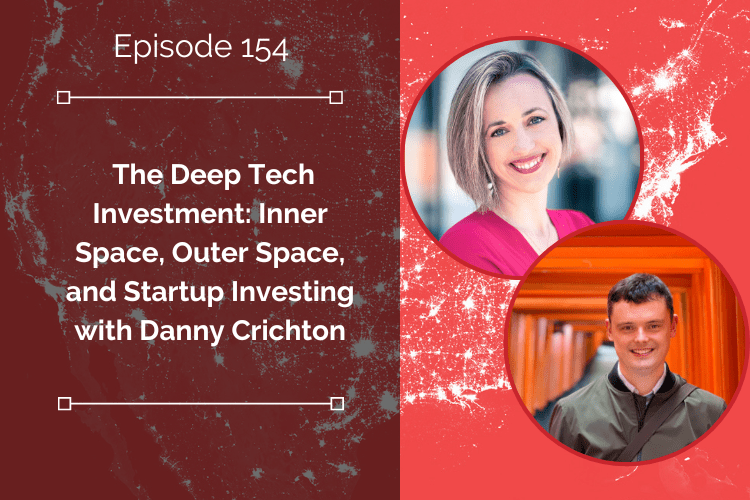We are living in an era where technology, immigration, and climate change are shaping the world in profound ways. In a recent podcast episode, we got a chance to delve into these subjects with Danny Crichton, an early-stage VC investor and editor-in-chief of securities at Lux Capital.
The Intersection of Deep Tech and Climate Security
Crichton gave us an intriguing insight into the world of deep tech and hard science. He discussed how Lux Capital focuses on projects with a technological moat, requiring two to five years to build. Their investments are focused on areas like national security, inner space (bio meets ML), outer space (space manufacturing, defense, aerospace), and latent space (AI). With this approach, Lux Capital aims to create a sustainable competitive advantage against other firms.
One of the most captivating topics discussed was the Lux Risk Gaming Initiative, a Pentagon-style war game that simulates what could happen if a hurricane hits Hampton Roads, Virginia, home to the largest naval shipyard and nuclear fleet in the US. The initiative helps tech industry players explore policy, science, and technology issues at a global level.
The US Immigration Process and How Distance Can Be Relative
- Understand that the US immigration process can be complex and challenging, with layers of paperwork, documentation, and ever-changing laws and regulations. Therefore, you need to be prepared to navigate through this system.
- Resilience, tenacity, and unwavering belief in the American Dream are often the key driving factors for many immigrants on their path to US citizenship. Note that the process may be especially challenging for tech entrepreneurs and others in the startup world, where the “doer culture” and the importance of networking and relationship-building can complicate immigration issues.
- Remember that geographical distance can be relative when navigating the US immigration system. For instance, while it may seem more convenient to be based in the Bay Area if you’re involved in tech, keep in mind that the distance between different parts of the Bay Area can be significant, sometimes taking longer than a flight from New York to Boston.
- Consider the shifting concentration of talent in key tech cities. While the Bay Area remains a hub, cities like New York have also emerged as major centers for tech talent.
Finally, always stay updated with the changes in the immigration policies and keep seeking advice from immigration experts or those who have been through the process.
In the world of tech startups, success depends on networks, partnerships, and diverse teams. Engage with the right networks for resources and partnerships. Build partnerships to strengthen your company. Embrace diversity for innovation and problem-solving. Prioritize these elements to build and grow your tech company.
If you want to learn more about Immigration Law for Tech Startups, check out https://www.alcorn.law/podcast/ilt154


